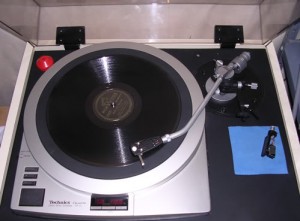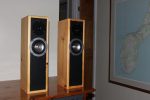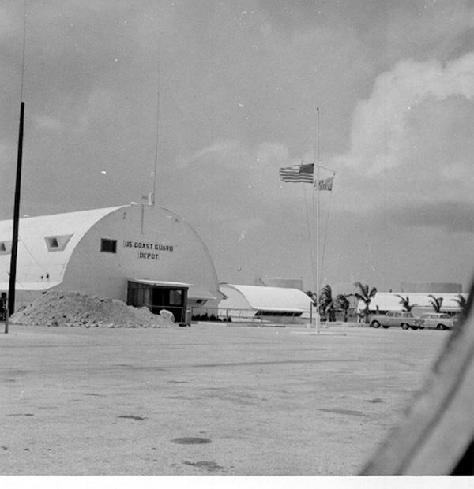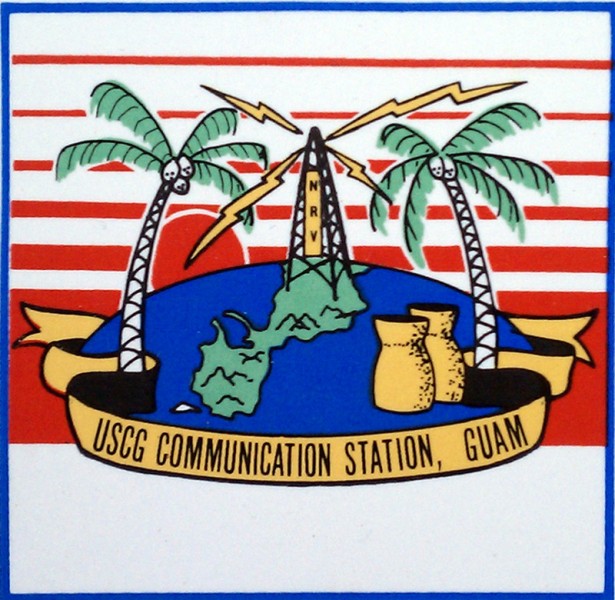It just doesn’t have the same ring as Disk Jockey or DJ. However, that would be an apt description of the person who plays the hits on most radio stations these days.
It is mostly just drag and drop the next element into the play deck if anything needs to be done at all.

I remember when DJs actually jockeyed disks, it was a sight to behold. Back in the day when everything was on vinyl except the commercials, which were on the cart, the DJ had his or her hands full. Most of the songs were in the 2:30 to 3-minute range, so while the song was playing, the next song had to be cued up on the platter, the old song needed to be put back into its sleeve and shelved (most of the time), check the log to see what was on deck, pull the next commercial stop set, answer the phone and god forbid if the Program Director called on the hotline and it rang more than 3 times. And hopefully, the head wasn’t too far away, that coffee went somewhere, after all. While all that is going on, timing, audience interaction, hitting the post, and sounding fun. In spite of what Howard Stern says, it was not easy.
Today, of course, if there is even a person in the studio, they may glance up at the computer screen every now and then to see when the next time they need to talk. Otherwise, they would be engaged in talking on the phone with their girlfriend, texting, surfing the internet, or watching a baseball game on TV.






When I started at age 17, the large local stations were IBEW Union shops (Closed Shops). I began at a suburban daytime AM (non-Union) and had a blast running the Gates YARD, spinning records with an announcer, recording commercials right off the air onto cartridge, taking meter readings on the BC1-T, tower base currents, phase monitor readings, field intensity monitor point readings and keeping the BC1-T humming along. I actually played 45 rpm vinyl, ad spots on cartridges, reel to reel tape, and signed on each day with Father Keller of the Christopher’s on 33-1/3 rpm vinyl. On Saturdays, ethnic programming paid the bills. I collected $80 per hour in advance of each program in greasy cash bills from the following groups: Serbian Hour, Italian Hour, Croation Hour, Amador Santiago’s Puerto Rican Hour, and Gonzales for the Mexican Hour. In the afternoons, the German Hour had a credit account and Herr Louie Zimmermann was just too much! The humor and political sarcasm on the show was something completely absent from today’s programming. He was way ahead of Don Imus! I kept real busy, keeping all of the program and transmitter log entries which the FCC was very fussy about back in those days. The only announcing I did was the station breaks and sign-on and sign-off. I cannot find this type of programming anywhere today. The station was a money-maker during the week, and the weekend brokerage actually paid all of the overhead each month. When I went to 50 kW 1130 kHz., things were much more formal. I kept both jobs and even took on a third station. I made good money while having a blast! I doubt if we will ever see those days again. Radio Doldrums coming fast!